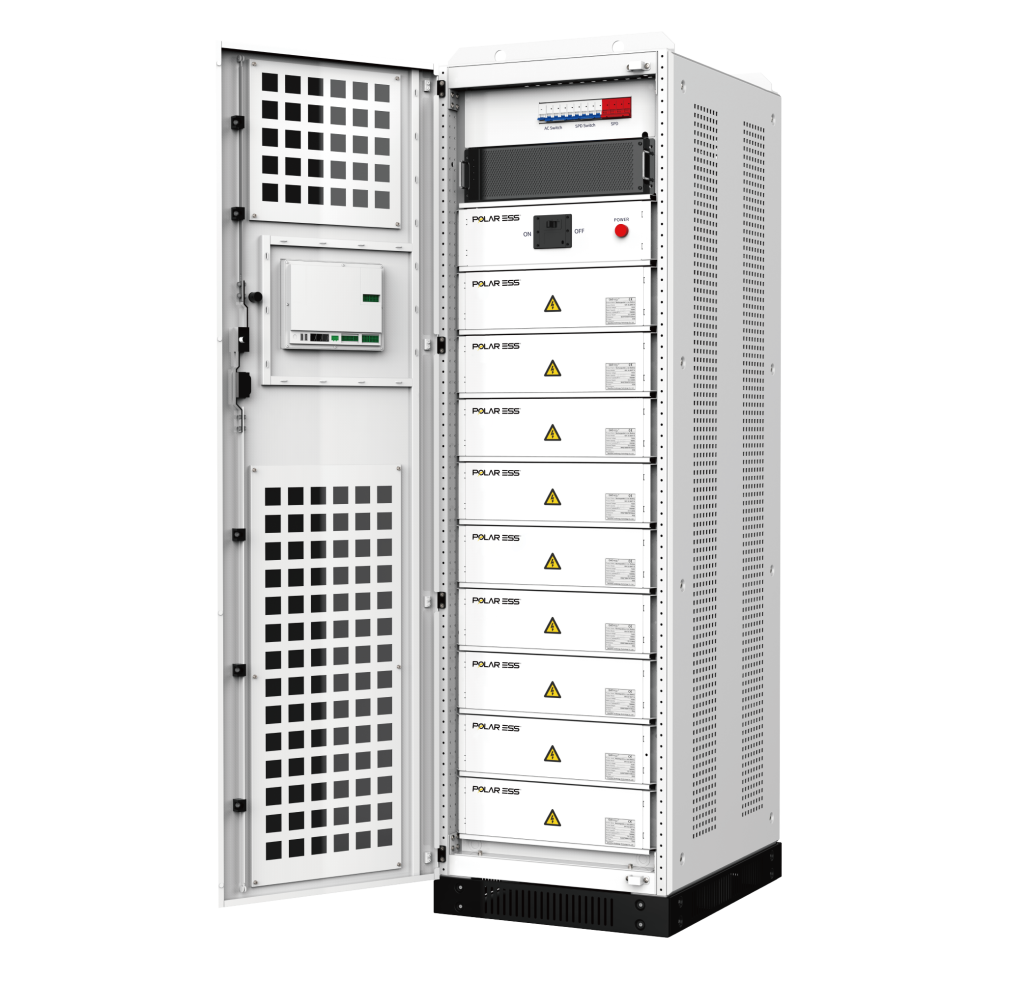
As we strive towards a more sustainable future, the implementation of innovative technologies such as the bess battery energy storage system plays a crucial role. This article explores the benefits and applications of this advanced energy storage solution.
The Versatility and Efficiency of BESS Battery Energy Storage System
The BESS battery energy storage system is a versatile technology that can store excess electricity generated from renewable sources like solar or wind power. By storing this surplus energy, it ensures its availability during peak demand periods or when renewable sources are not producing electricity. This helps to reduce reliance on fossil fuels and promotes cleaner energy consumption.
Furthermore, the efficiency of the BESS battery energy storage system allows for maximum utilization of stored electricity without significant losses. It provides an effective means to balance supply and demand fluctuations in electrical grids, contributing to grid stability and reducing strain on traditional power plants.
The Role of 6kW Hybrid Inverter in Enhancing Efficiency
A key component within the BESS battery energy storage system is the 6kw hybrid inverter. This device efficiently converts direct current (DC) produced by batteries into alternating current (AC) for use in homes or businesses. The integration of this hybrid inverter optimizes overall system performance by ensuring seamless transitions between grid-supplied electricity and stored power from batteries.
In addition, with its bidirectional capabilities, the 6kW hybrid inverter enables users to sell excess stored electricity back to the grid during times when their own demand is low. This feature encourages self-sufficiency while promoting sustainable practices through efficient resource management.
Polar ESS: A Promising Solution for Large-Scale Applications

Polar ESS represents one notable advancement in the field of BESS battery energy storage systems. This cutting-edge technology offers high-capacity solutions for large-scale applications, such as industrial complexes or utility grids.
With its modular design and scalable architecture, Polar ESS allows for flexible expansion to meet growing energy demands. Its advanced control algorithms ensure optimal performance and efficient utilization of stored electricity, contributing to a more sustainable and reliable power supply.
Conclusion
The implementation of BESS battery energy storage systems presents numerous advantages in promoting sustainable practices. From their versatility and efficiency to the integration of hybrid inverters like the 6kW model, these systems enable effective management of renewable energy resources while reducing reliance on fossil fuels. Furthermore, advancements such as Polar ESS offer promising solutions for large-scale applications, paving the way towards a greener future powered by clean and sustainable energy sources.
